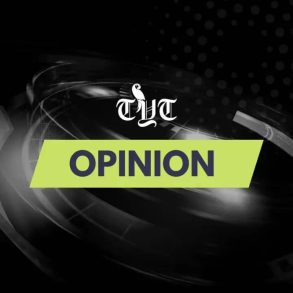By Ademola Adekusibe
October 14, 2025
The proposed amendments to the Electoral Act of 2022 seek to introduce significant changes to Nigeria’s electoral process, including dual transmission of results, optional use of permanent voter cards (PVCs), and the introduction of early voting.
Under the draft bill, election results will be transmitted both electronically and manually, as outlined in Section 60(5), which states:
“The presiding officer shall transmit the results, including the total number of accredited voters, to the next level of collation both electronically and manually.”
The proposal also introduces early voting, according to Section 2, which provides that a specific date not later than 14 days before the main election be set aside for such voting. Those eligible for early voting include security personnel, INEC officials, accredited observers, journalists, and temporary staff of the commission.
In addition, the proposed legislation seeks to move general elections forward by about six months to ensure that all legal disputes are concluded before the handover date of May 29, 2027. If approved, the presidential and governorship elections would be conducted in November 2026, rather than the traditional February or March schedule.
According to Section 4(7) of the proposed amendment:
“Elections into the office of the president and governor of a state shall be held not later than 185 days before the expiration of the term of office of the last holder of the office.”
Similarly, Section 4(5) stipulates that legislative elections for the National Assembly and State Houses of Assembly be held no later than 185 days before the dissolution of the current assemblies.
Lawmakers argue that the adjustment would eliminate the practice of inaugurating elected officials while their victories are still under legal challenge.
During a joint public hearing held on Monday, the House Committee on Electoral Matters, chaired by Adebayo Balogun, explained that the shift to November elections would allow ample time for tribunals and appellate courts to conclude all cases before inauguration. The committee also proposed reducing the duration for tribunal judgments from 180 days to 90 days to further accelerate the judicial process.
If passed, the amendment would also impose penalties for non-compliance with its provisions.
The Independent National Electoral Commission (INEC) has expressed support for the proposed changes, describing them as a step toward greater transparency and efficiency in Nigeria’s electoral system. However, opposition parties remain divided, questioning the motives and potential political implications of the amendments.






